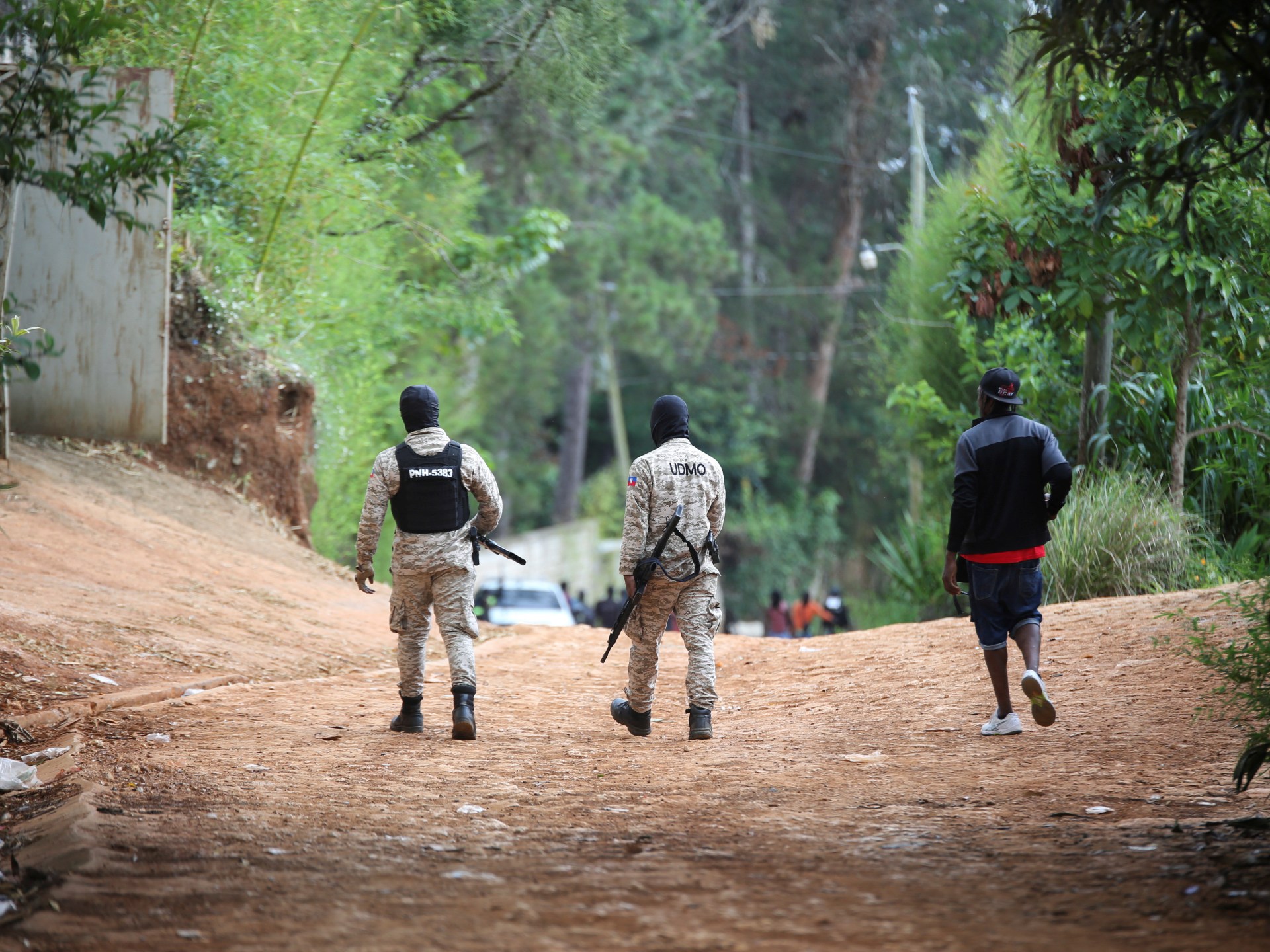Haitian immigrants will no longer be protected under special laws under the US government.
The Department of Homeland Security (DHS) announced in a statement on Friday that Haitians would no longer be able to remain in the nation as a result of the Temporary Protected Status (TPS) designation.
TPS allows citizens of nations that are in conflict, a natural disaster, or other extraordinary circumstances to temporarily reside in the US. They are also permitted to travel and work.
The DHS secretary can extend the designation to a period of six, twelve, or 18 months, though it is typically done for a longer period.
Temporary protections like TPS have been withdrawn as part of a larger effort to restrict immigration to the US, however, under President Donald Trump’s administration.
A DHS spokesman said in a statement on Friday that “this decision restores integrity to our immigration system and ensures that Temporary Protective Status is actually temporary.
More than a 10th of the population was killed and 1.5 million people were left homeless in Haiti as a result of a devastating earthquake in 2010, which was the first to grant the TPS designation. Particularly in the wake of recent years of worsening gang violence and political instability, the designation has been regularly extended and expanded.
President Trump has attempted to end TPS for Haitians even as the island nation’s situation has deteriorated since taking office from 2017 to 2021.
More than 5, 600 gang-related fatalities occurred in Haiti last year, and 1.3 million people were internally. This has caused a protracted humanitarian crisis in Haiti. Food, water, and medical supplies are extremely difficult to obtain in the capital, where armed groups currently control 90% of the city.
Haiti is listed as a Level 4 nation, the highest warning level, according to the US Department of State’s travel advisory.
Because the designated area has life-threatening conditions, Level 4 means “do not travel.” Due to “kidnapping, crime, civil unrest, and limited health care,” the State Department advises Americans to avoid Haiti.
However, according to the DHS statement, Kristi Noem, the secretary of homeland security, “decided that overall, country conditions have improved to the point where Haitians can return home safely.”
Further, the statement further explains that she concluded that allowing Haitian nationals to temporarily reside in the United States was against the country’s national interest.
TPS is estimated to affect 260 000 Haitians. The statement advises those impacted to either seek refuge in their home country or return.
However, Haitians are not the only population affected by the temporary immigration ban.
The Supreme Court made it possible for the Trump administration to revoke TPS for 350, 000 Venezuelan residents living in the US in early May.
The high court also upheld Trump’s right to revoke the two-year “humanitarian parole” that made it possible for 530, 000 people to remain and work in the US after the high court’s ruling later in the month. Cubans, Haitians, Venezuelans, and Nicaraguans, all of whom are facing political repression in their home countries, were among the affected humanitarian parole recipients.
Source: Aljazeera

Leave a Reply